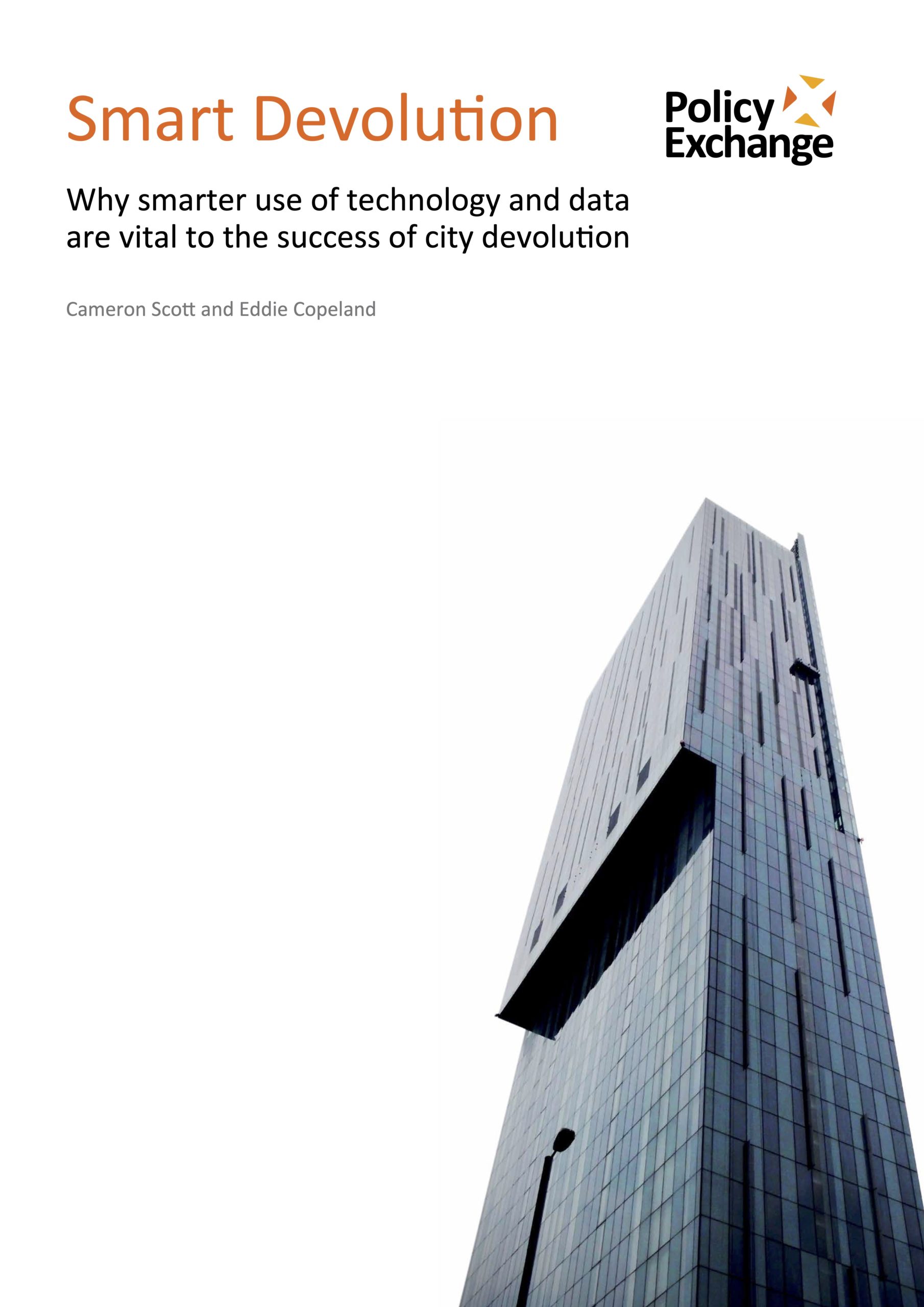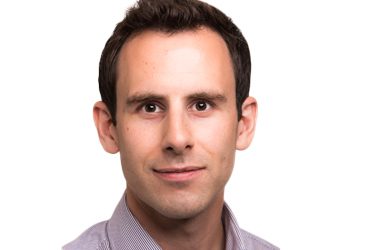
Smart Devolution
Elected mayors should be required to set up an Office of Data Analytics comprising of small, expert teams tasked with using public and privately held data to create smarter and more productive cities.
A new paper, Smart Devolution, by leading think tank Policy Exchange says that most cities have vast quantities of data that if accessed and used effectively could help improve public services, optimise transport routes, support the growth of small businesses and even prevent cycling accidents.
The report highlights how every UK city should use the additional powers they receive from Whitehall to replicate New York by employing a small team of data experts to collect and collate information from a range of sources, including councils, emergency services, voluntary organisations, mobile phone networks and payment systems.
The data teams will provide city mayors with a great opportunity to break down the silos that exist between local authorities and public sector bodies when it comes to unlocking information that could save money and improve the standard of living for the public.
Examples of how a better use of data could make our cities smarter include:
- Preventing cycling accidents: HGVs travelling through city centres should be required to share their GPS data with the city mayor’s Office for Data Analytics. Combining HGV routes with data from cyclists obtained by their mobile phone signals could provide real time information showing the most common routes shared by large lorries and cyclists. City leaders could then put in place evidence based policy responses, for example, prioritising spending on new bike lanes or updating cyclists via an app of the city’s most dangerous routes.
- Spending smarter: cities could save and residents benefit from the analysis of anonymised spend and travel information to understand where investment and services are needed based on real consumer decisions. Locating schools, transport links and housing when and where it is needed. This also applies to business investment with data being harnessed to identify fruitful locations.


